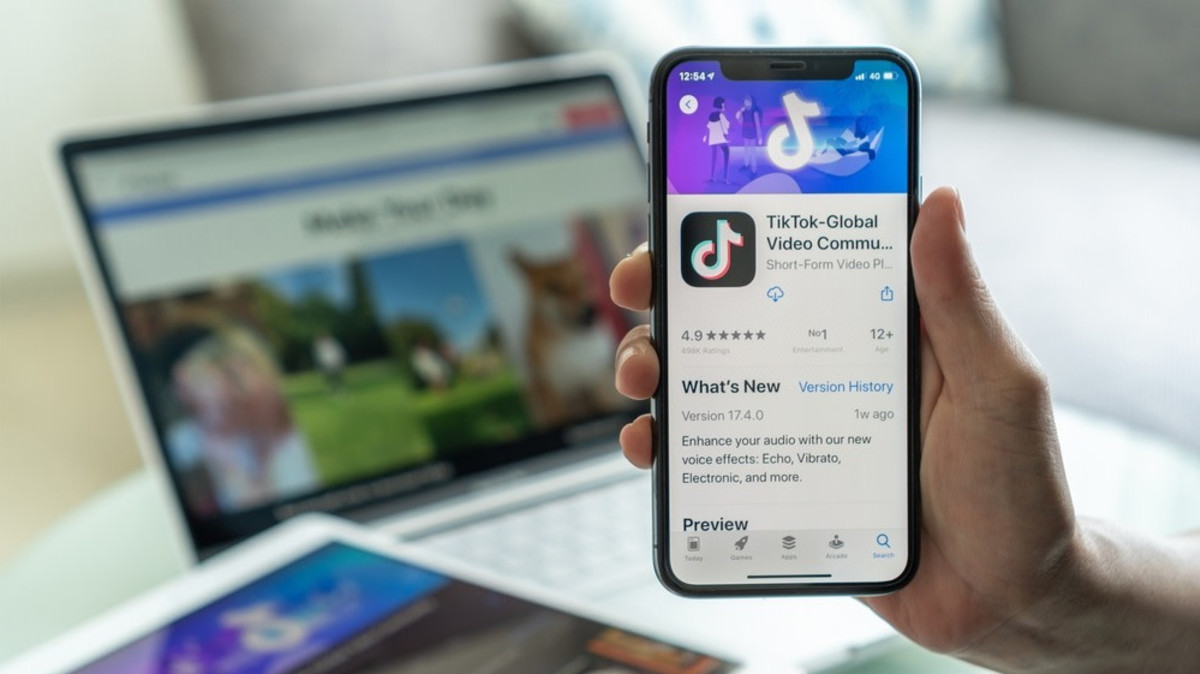The law, signed by President Joe Biden last year, demanded from Tiktok operator, Chinese company bytedance, to sell the app to non-Chinese owner until January 19, 2025. A threat to the National Security of the United States. The law has also stated that applications and internet accommodation companies will face heavy fines if they continue to distribute or maintain the app.
In light of this, Apple and Google removed the app from their app stores, a move that left millions of US users unable to download Tiktok on new devices. However, the app continued to operate on devices where it was already installed, although some users reported technical glitches, such as live broadcast problems and the use of digital currencies of the app.
While the prohibition law was given a legal backing upon his approval by the Supreme Court, former President Trump signed a presidential order indicating a 75 -day law enforcement delay. The order caused confusion among technology companies, which were not sure whether they could bring the app back to their stores without risk of federal law.
Eventually, after Apple and Google received letters from the US Department of Justice that they would not be imposed on them for the return of Tiktok, they decided to return the app to their stores. However, the legal uncertainty remains, especially in view of Trump’s statements that he may extend the enforcement of enforcement beyond the stipulated 75 days.
Tiktok’s return to app stores brings with it heavy legal and political questions. On the one hand, the move gives American users a renewed access to their favorite app. On the other hand, there are factors that claim that Trump puts his presidential power over the rule of law, and that the issue may develop into a significant constitutional crisis.
Among lawmakers and intelligence personnel are long -lasting concerns that Bytadance may transmit personal information from American users, such as geographical location and use data, to the Chinese government. Tiktok, on the other hand, claims that there is no evidence that this has ever happened.
At the same time, the Trump administration has promised to work on a transaction that will allow continued Tiktok activity in the US, but it is unclear how to do so under the existing law, which requires a complete sale of the app to a non -Chinese factor. The operator is considered to be a strategic property of China, which the Chinese government will not allow.
Currently, Tiktok has returned to act fully in the United States, but its future is still unclear. The possibility that Trump will continue to reject the implementation of the law questioning the court system’s control of the executive authority. The issue may still come to another hearing in the Supreme Court, with the political and geopolitical aspects to play a major role in the future decisions.
